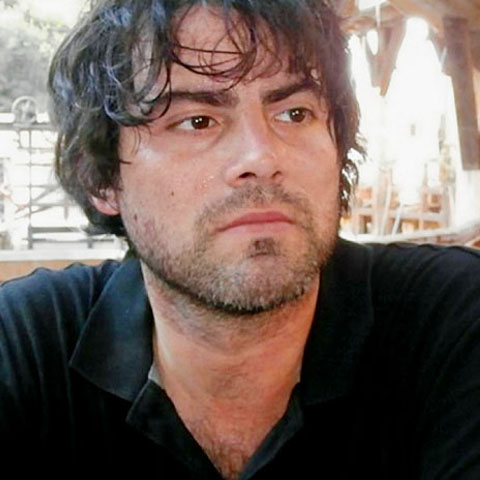KLI Colloquia are invited research talks of about an hour followed by 30 min discussion. The talks are held in English, open to the public, and offered in hybrid format.
Fall-Winter 2025-2026 KLI Colloquium Series
Join Zoom Meeting
https://us02web.zoom.us/j/5881861923?omn=85945744831
Meeting ID: 588 186 1923
25 Sept 2025 (Thurs) 3-4:30 PM CET
A Dynamic Canvas Model of Butterfly and Moth Color Patterns
Richard Gawne (Nevada State Museum)
14 Oct 2025 (Tues) 3-4:30 PM CET
Vienna, the Laboratory of Modernity
Richard Cockett (The Economist)
23 Oct 2025 (Thurs) 3-4:30 PM CET
How Darwinian is Darwinian Enough? The Case of Evolution and the Origins of Life
Ludo Schoenmakers (KLI)
6 Nov (Thurs) 3-4:30 PM CET
Common Knowledge Considered as Cause and Effect of Behavioral Modernity
Ronald Planer (University of Wollongong)
20 Nov (Thurs) 3-4:30 PM CET
Rates of Evolution, Time Scaling, and the Decoupling of Micro- and Macroevolution
Thomas Hansen (University of Oslo)
RESCHEDULED: 18 Dec (Thurs) 3-4:30 PM CET
Chance, Necessity, and the Evolution of Evolvability
Cristina Villegas (KLI)
8 Jan 2026 (Thurs) 3-4:30 PM CET
Embodied Rationality: Normative and Evolutionary Foundations
Enrico Petracca (KLI)
15 Jan 2026 (Thurs) 3-4:30 PM CET
On Experimental Models of Developmental Plasticity and Evolutionary Novelty
Patricia Beldade (Lisbon University)
29 Jan 2026 (Thurs) 3-4:30 PM CET
Jan Baedke (Ruhr University Bochum)
Event Details

Topic description:
The cumulative open-endedness of human cultures is said to represent a major break with the social traditions of nonhuman species. As traditions are altered and the modifications retained along the cultural lineage, human populations are capable of producing complex traits that no individual could have figured out on its own. For cultures to produce increasingly complex traditions, improvements and modifications must be kept for the next generations to build upon them, and high-fidelity transmission would thus act as a ratchet, retaining modifications and allowing the historical build-up of complex traditions. Mechanisms acting against slippage are important, of course, but cultures also need to move forward for the ratchet to retain anything important. In this paper, I argue that studies of modification-generating processes and the diverse ways they shape cumulative culture have been overlooked. There are many ways that traditions can be modified and, depending on the structure of the cultural traits and of the design space explored by the population, different kinds of modification mechanisms will lead populations to exhibit different evolutionary patterns. I distinguish between action-level and program-level modifications, and argue that with the wrong modification processes, the structure of the design space can constrain the population to wallow in non-cumulative traditions whether or not social learning insures high-fidelity transmission.
Biographical note:
Mathieu Charbonneau completed his PhD in philosophy of science at the Université de Montréal (2013). His dissertation examined how the use of explanatory analogies between evolutionary biology and the social sciences informs the construction of a theory of cultural inheritance and structures its explanatory framework. His last paper, “Populations without reproduction,” appears in Philosophy of Science (2014). The current talk emanates from his post-doctoral work on “Cultural Development and Cultural Evolution” at the KLI.


